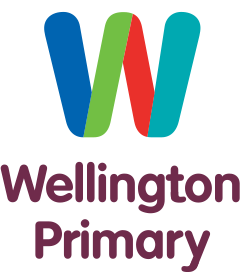Languages
We believe that learning a language is important as an educational, social and cultural experience for our pupils, who can develop communication and literacy skills, and explore differences and similarities between a foreign language and English.
They can learn about the multicultural world around us and have the opportunity to develop their interest in the culture of other nations. MFL is a national curriculum subject which has the potential for valuing diversity and challenging racism.
Aims and objectives
- to introduce young learners to another language in a way that is fun
- to raise an awareness of the diversity of the world around us
- to lay the foundation for future study
- to develop pupils’ listening and speaking skills
Children are taught how to:
- ask and answer questions in French
- use correct pronunciation and grammar
- interpret meaning
- look at and appreciate life in other cultures
We use a variety of styles and methods when teaching French. Games,
songs, stories, kinaesthetic activities, flashcards and interactive whiteboard tasks are widely used, as are audio materials. Pupils are encouraged to take an active role in their language lessons, and the learning environment is made safe and friendly. Target language is used by the teacher when appropriate and its use is increased in the later years.
All Key Stage 2 children use the European Junior Language Portfolio as a self- assessment tool, and their progress is assessed informally during lessons by the teacher. Progress is also assessed and recorded using a series of ‘I can’ statements from the Languages Ladder periodically during each term.



